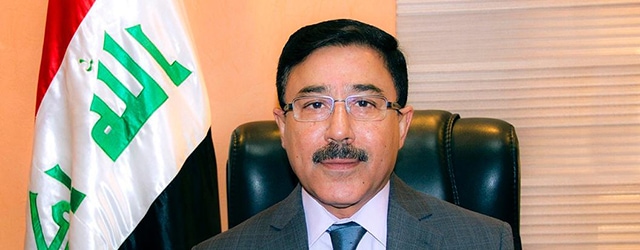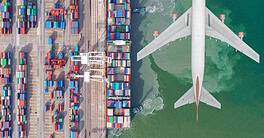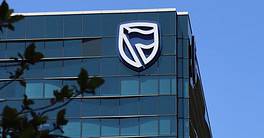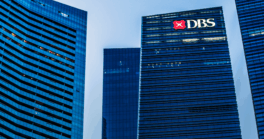Central Bank of Iraq Governor Ali Mohsen Ismail Al-Allaq tells Global Finance how his institution is working to support financial inclusion and economic diversification in the wake of his country’s victory over ISIS.

Global Finance: Will higher oil prices translate to stronger economic growth for Iraq, and will this trickle down to the average Iraqi?
Ali Mohsen Ismail Al-Allaq: Given our previous experience of depending heavily on oil proceeds, we are focused on enhancing financial inclusion and diversifying our economic sector both to grow Iraq’s economy and to address unemployment. In fact, the 2016 standby arrangement between Iraq and the IMF, which proposed a set of standards and objectives for sound economic recovery policy, was formulated as a response to the sharp decline in oil prices and Iraq’s need to defend its existence in a costly and devastating war against ISIS. We strive for a system where Iraqi citizens’ employment and welfare are not dependent on one commodity. This is a work in progress, but we have already made positive steps in this regard.
In 2016, the central bank released its ambitious five-year strategic plan, focusing on a group of actions and measures to stabilize and control the financial and banking market. This plan also targeted areas that were considered new to the Iraqi market and culture, specifically concepts of financial inclusion. Iraq’s economy is highly cash-intensive, and more than 90% of the population does not have a bank account. Given these circumstances, the central bank has been working with the Iraqi government to ensure that all government employees receive their paychecks directly into a bank account. As a result, more than three million government employees are now accessing and utilizing electronic accounts and banking services. The central bank also established a compulsory insurance fund for commercial banks, to protect creditors and depositors should a bank declare bankruptcy.
GF: Are economic diversification efforts in the region making fast enough progress?
Al-Allaq: Given the trying circumstances we went through in Iraq, we understand the importance of diversifying our economy and it remains one of my strongest priorities. I am planning for more progress on this issue and on a more rapid timeline, especially following our December 2017 victory in regaining control over our territory from ISIS. This critical step has allowed us to address economic diversification by rehabilitating our agricultural sector and taking steps to support businesses owned by Iraqis. Specifically, the central bank for the first time in its history created a special program with commercial banks to stimulate the private sector with low-interest loans, which benefited thousands of private businesses and created thousands of job opportunities. Still, we continue to be focused on this issue.
We also continue to work to enhance our regulatory environment to welcome foreign direct investment and international business, which has a direct contribution both to our reconstruction and development, as well as the diversification of Iraq’s economy.
In the region generally, economic diversification efforts need to move faster—this is a challenge my regional counterparts and I are all working to overcome—and the more we do so together and the more trade and investment in which we can engage with each other, the better off we will all be.
GF: Will protectionism and rising interest rates weigh on global economic growth?
Al-Allaq: I would argue that every central bank governor in the world struggles with maintaining a good balance between protecting domestic industries and manufacturing, while actively participating in international trade. In Iraq, we are focused on both increasing our investments abroad as well as FDI in Iraq, and we know that this exchange will be beneficial in the long run.
Certainly, rising interest rates slow global economic growth, which is why over the last several years, the Central Bank of Iraq has placed a heavy emphasis on upholding a steady inflation rate under 3%. We have been able to keep Iraq’s inflation rate low particularly due to our efforts to strengthen and stabilize the Iraqi dinar, and to reduce public spending by the Iraqi government. Regarding this point, the central bank helped make sure the Iraqi government remained within its budgetary and deficit targets by issuing treasury bonds worth more than $2 billion, which were used to pay back creditors and government external contractors as well as farmers.



